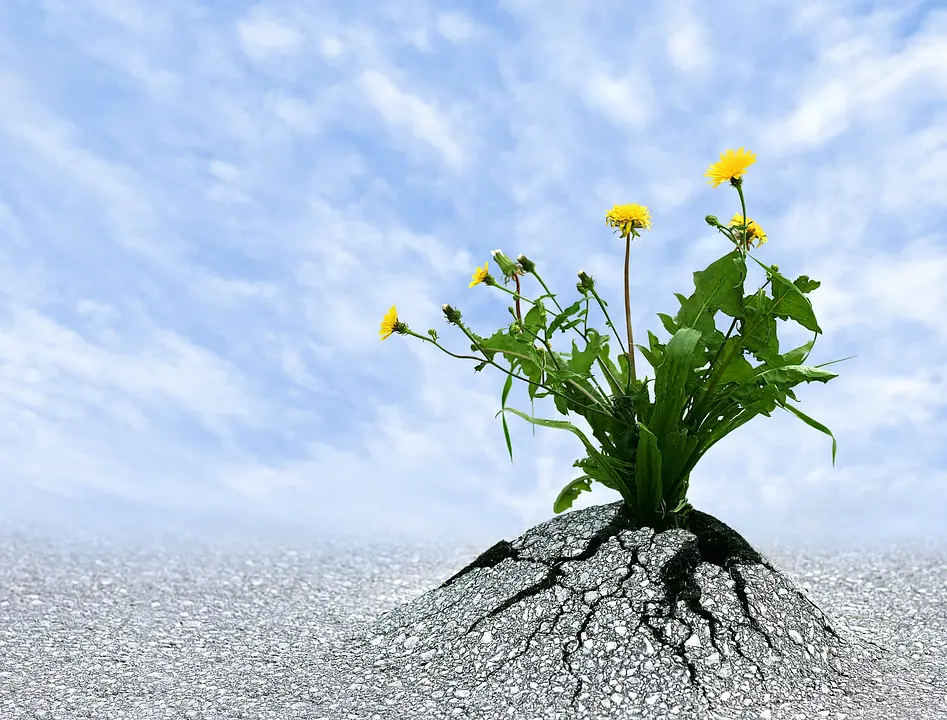Meaning of Resilience
Resilience is a dynamic process that encompasses emotional, psychological, and physical aspects, allowing individuals to thrive despite challenges.

The True Essence of Resilience
Resilience, at its core, is about rebounding from difficulties and setbacks. But it's not just about returning to a previous state; it's about using the experience to grow stronger and wiser. Resilience is a dynamic process that encompasses emotional, psychological, and physical aspects, allowing individuals to thrive despite challenges.
Historical and Linguistic Roots
The word resilience stems from the Latin 'resilire', meaning to spring back or rebound. Initially used to describe physical properties in science, the term has evolved to encompass the human ability to recover from or adjust easily to misfortune or change. This linguistic journey from a physical descriptor to a human quality highlights the adaptability at the very heart of resilience.
Resilience in Everyday Life
Everyday resilience might not always be about grand gestures or overcoming monumental challenges. It's often seen in the small acts of getting up after a setback, pushing through uncertainty, or simply managing the stresses of daily life. It's the emotional resilience to process and move forward from a personal loss, the mental resilience to keep striving in the face of professional obstacles, and the physical resilience to recover from illness or injury.
The Science Behind Resilience
Biologically, resilience is partly influenced by genetics, but a larger portion is shaped by environment and personal experiences. Psychologically, resilience is linked to positive attributes like optimism, flexibility, and the ability to regulate emotions. It's also about having a strong social support network and the capacity to make realistic plans and take steps to carry them out.
Cultivating Resilience

Resilience in the Face of Global Challenges
In times of global crisis, such as the COVID-19 pandemic, the concept of resilience becomes even more critical. Societal resilience is about communities and societies coming together, supporting one another, and finding innovative ways to adapt and thrive. It involves collective strength, hope, and the ability to navigate through shared difficulties.
The Future of Resilience
As the world evolves, so does the nature of resilience. In an ever-changing landscape, resilience means staying adaptable, continually learning, and being open to new experiences and ways of thinking. It's about preparing ourselves not just to survive the challenges of the future but to thrive in them.
Conclusion
Resilience is more than a buzzword; it's a vital principle for navigating life's ups and downs. It's about how we rise after falling and how we use our experiences to grow stronger and more resourceful. In both personal struggles and professional setbacks, resilience emerges as the key to facing challenges with courage and hope.
As we move forward in our individual and collective journeys, remembering the importance of resilience becomes crucial. It's not about never failing but about learning and growing from each experience. By embracing and cultivating resilience, we arm ourselves with the tools to face whatever life throws at us, transforming adversity into opportunity and despair into hope.
Published on
Updated on